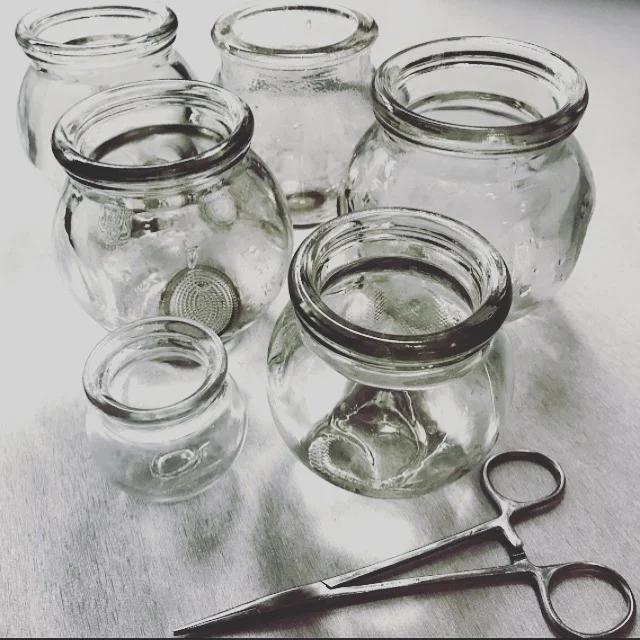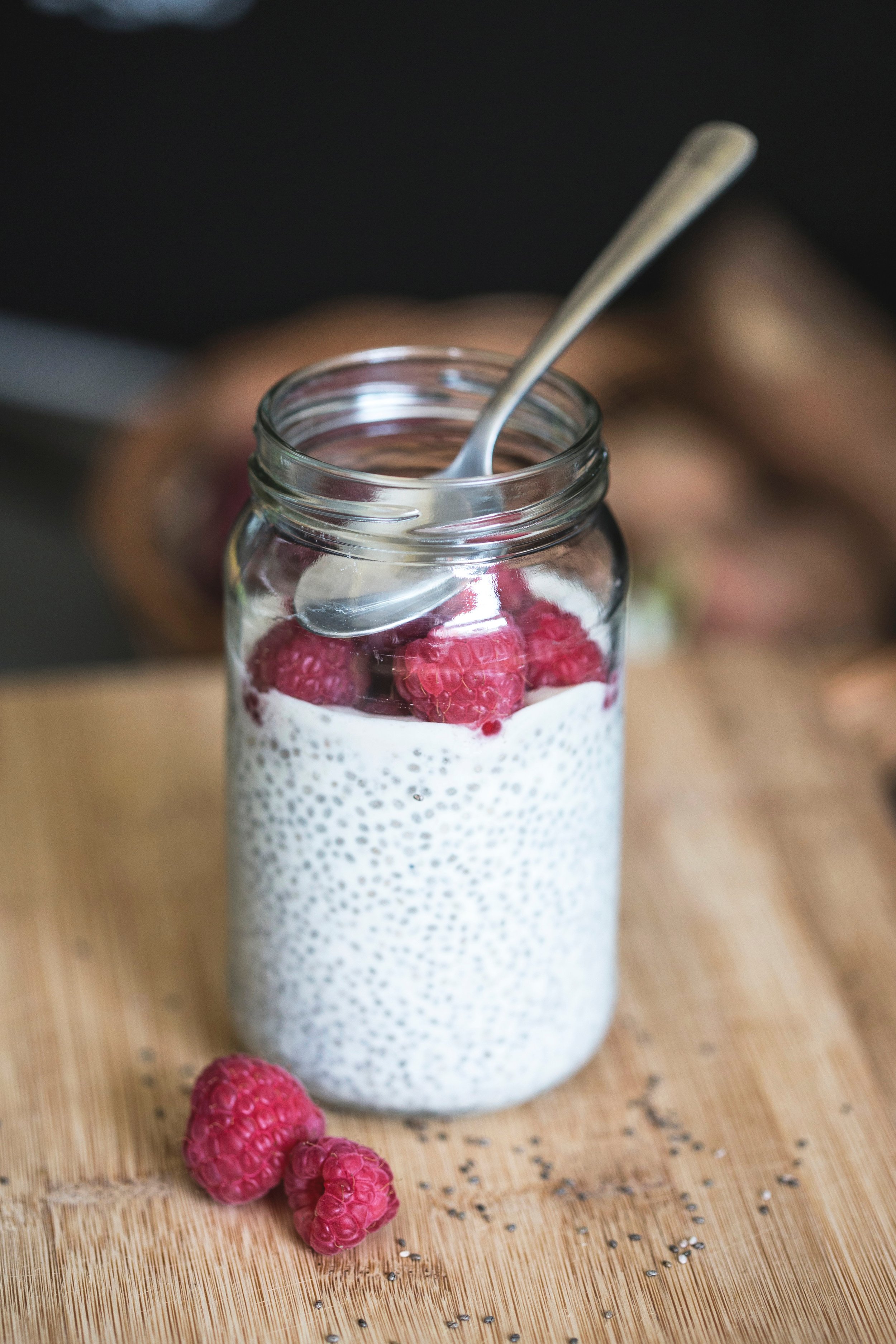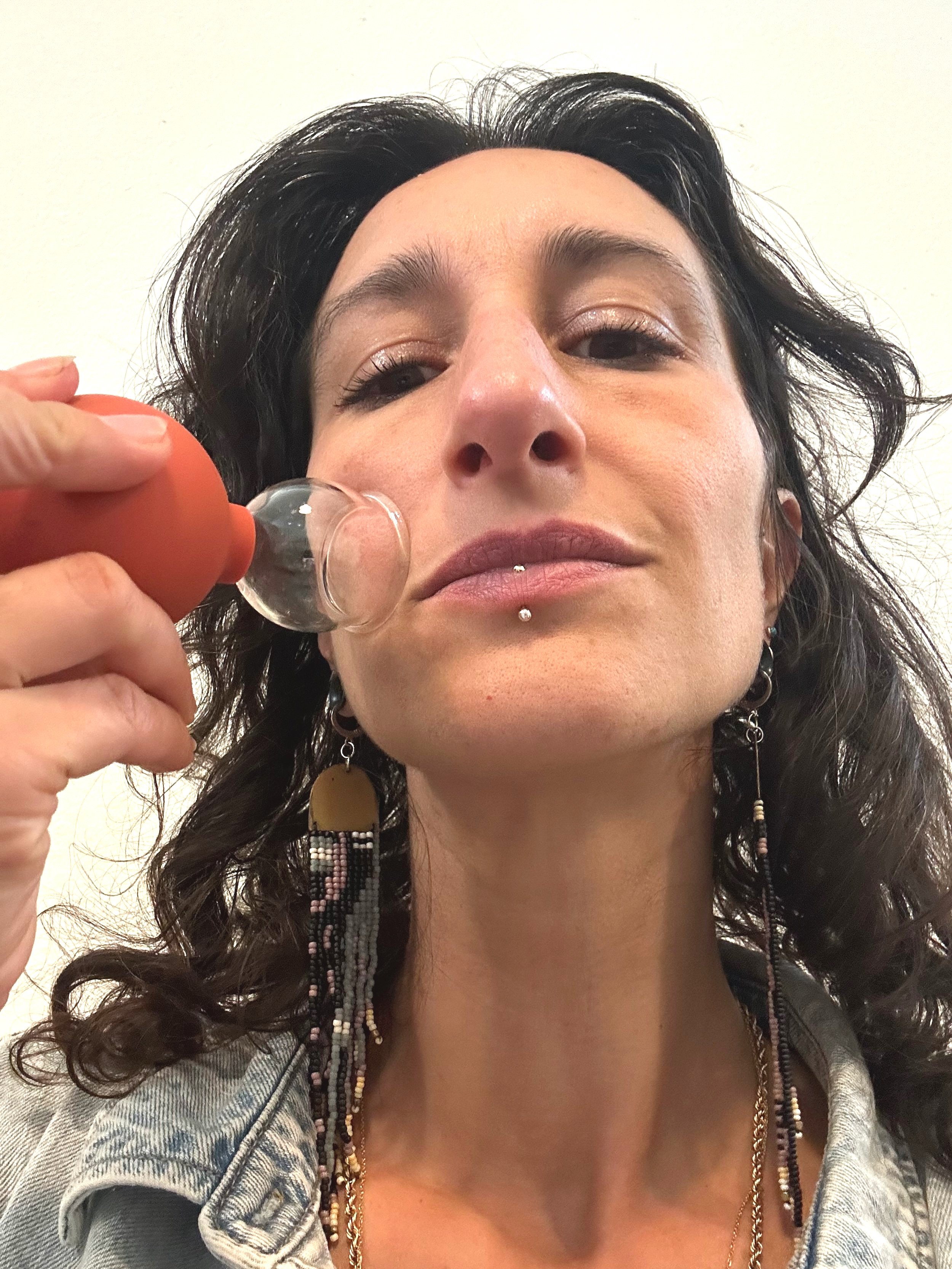Ginger–Benefits and Ways to Use this Medicinal Herb
Ginger (Sheng Jiang)- A Versatile Herbal Ally in Chinese Medicine
Ginger, known as Sheng Jiang in Traditional Chinese Medicine (TCM), is more than just a flavorful kitchen staple. Its potent healing properties have been revered for thousands of years, making it one of the most versatile herbs in both Eastern and Western herbal traditions. In TCM, Sheng Jiang is celebrated for its ability to warm the body, harmonize the stomach, and invigorate the immune system, making it an essential ingredient in many therapeutic recipes and formulations.
Fresh and Dried Ginger pictured here. Each form has its own unique properties.
The Nature and Flavor of Ginger
In TCM, every herb is categorized based on its energetic nature (temperature) and flavor, which provide clues to its therapeutic effects. Ginger is considered slightly warm in nature, with a pungent, spicy flavor. Its warming properties make it an ideal herb for dispelling cold and regulating the flow of Qi. Ginger primarily enters the Lung, Spleen, and Stomach meridians, making it especially useful for conditions affecting the respiratory and digestive systems. We are especially talking about fresh ginger, as dried ginger (Gan Jiang) has its own unique set of properties. While ginger is safe for most people, its warming properties can be too intense for those who already have heat signs, such as hot flashes, dry throat, or night sweats. In these cases, ginger should be used in moderation, or avoided altogether.
Ginger (Sheng Jiang) is an invaluable herb in Chinese medicine, offering a wide range of therapeutic benefits. Whether you're looking to treat a cold, support digestion, or improve circulation, ginger's warming and harmonizing properties make it a natural choice. Its versatility in both medicinal use and everyday cooking makes it an essential addition to your herbal toolkit.
Nature- Slightly warm
Flavor- Acrid
Meridians Entered- Lung, Spleen Stomach
Key Characteristics- Dispersing in Nature, Benefits the Stomach, Stops Coughing, Transforms Phlegm
Key Benefits of Ginger (Sheng Jiang)
1. Dispels Cold and Releases the Exterior
- Sheng Jiang is often used to treat the early stages of a cold or flu, particularly when there is an external cold invasion. It works by inducing sweating, helping to release pathogens from the surface of the body and restore balance. A classic example is ginger tea, which is commonly prescribed to ward off chills, congestion, and body aches in the initial phases of an illness.
2. Warms the Middle Jiao and Stops Nausea
- The warming properties of ginger also make it a popular remedy for digestive issues. Sheng Jiang is known to warm the middle jiao (the Spleen and Stomach area), improve digestion, and reduce nausea. This makes it highly effective for symptoms like indigestion, bloating, and vomiting. It is often included in herbal formulations for morning sickness or motion sickness due to its gentle yet effective nature.
3. Transforms Phlegm and Relieves Cough
- In cases of cold-induced cough or phlegm in the lungs, Sheng Jiang can help transform dampness and reduce the accumulation of mucus. Its ability to warm the lungs and clear out cold makes it a go-to remedy for coughs, especially those with clear or white phlegm, which indicate cold in the body.
4. Harmonizes Other Herbs
- Ginger is commonly included in herbal formulas not only for its therapeutic effects but also for its harmonizing properties. It helps balance the effects of other herbs, particularly those that are cold or harsh, ensuring that the formula works synergistically while reducing any unwanted side effects.
5. Promotes Circulation and Eases Pain
- Sheng Jiang’s warming nature also stimulates blood circulation, which helps alleviate pain and discomfort, particularly in cases of cold-induced stagnation. This includes conditions like menstrual cramps or cold-related muscle aches, where ginger can help relieve discomfort by improving blood flow to the affected areas.
Does Ginger Kill Parasites?
Ginger can be used to combat parasites, particularly those affecting the digestive system. While it may not be as potent as stronger antiparasitic herbs, ginger has demonstrated some ability to inhibit and expel certain parasites due to its warming, antimicrobial, and digestive-enhancing properties. Ginger’s antiparasitic effects stem from its antimicrobial properties, as it contains bioactive compounds like gingerol and shogaol that can inhibit the growth of certain parasites, bacteria, and fungi.
By improving digestion and warming the middle jiao, ginger strengthens the body's ability to expel unwanted pathogens and parasites from the digestive tract. Ginger also promotes bowel movements, aiding in the efficient elimination of parasites and their waste. Its anti-inflammatory properties further support gut health by soothing irritation and reducing symptoms such as bloating and cramping, making it easier for the body to recover from parasitic infections.
For mild parasitic infections or to support gut health, ginger tea or incorporating fresh ginger into your diet can be beneficial. In more severe cases, ginger can be combined with other antiparasitic herbs such as garlic, wormwood, or black walnut for a stronger approach. Consult a healthcare practitioner for more guidance.
While ginger may not completely eradicate more stubborn parasitic infections on its own, it can serve as a preventive measure by creating a digestive environment that is less favorable for parasites to thrive. Regular use of ginger in the diet or as tea helps maintain digestive health, supports the immune system, and provides a gentle defense against potential parasitic infections.
How to Use Ginger
Ginger Tea
One of the simplest and most effective ways to enjoy ginger’s benefits is to prepare tea. This tea can be used to warm the body, alleviate nausea, and ward off colds and flu.
Slice 3-5 pieces of fresh ginger root.
Add to boiling water and simmer for 10-15 minutes.
Optionally, add honey or lemon for extra flavor and immune-boosting benefits.
Fresh vs. Dried Ginger: What’s the Difference?
In TCM, fresh ginger (Sheng Jiang) and dried ginger (Gan Jiang) are often used for distinct therapeutic purposes, each having a unique role in addressing different types of cold patterns. According to Chinese Herbal Medicine: Materia Medica by Bensky, fresh ginger (Sheng Jiang) is acrid and slightly warm, primarily targeting the exterior of the body. It is commonly used to release the exterior, expelling cold and wind, and treating the early stages of colds, particularly when symptoms include chills, fever, and a lack of sweating. Sheng Jiang also has a mild ability to harmonize the middle burner, alleviate nausea, and reduce toxicity from other herbs.
On the other hand, dried ginger (Gan Jiang) is more intensely warming and focuses on the interior, making it suitable for addressing deeper, more chronic cold conditions. Bensky highlights its use in warming the middle burner and dispelling internal colds, particularly for symptoms such as cold extremities, abdominal pain, and diarrhea due to yang deficiency. Gan Jiang is often employed to revive collapsed yang, warm the lungs, and transform thin mucus, making it a key herb in treating cold-induced respiratory conditions and digestive issues. While both forms of ginger are warming, their actions target different layers of the body, guiding their use in either more acute or chronic conditions. This nuanced application exemplifies the importance of matching the herb's properties with the pathology being treated in TCM.
RESOURCES
Chen J, Chen T. Chinese Medical Herbology and Pharmacology. Art of Medicine Press; 2004.
Bensky D, Clavey S, Stöger E, Gamble A. Chinese Herbal Medicine: Materia Medica. 3rd ed. Eastland Press; 2004.































Learn about Kidney Yang Deficiency in Traditional Chinese Medicine, including signs, symptoms, food choices, and lifestyle tips to restore balance and vitality. Discover a warming recipe to support Kidney Yang health.